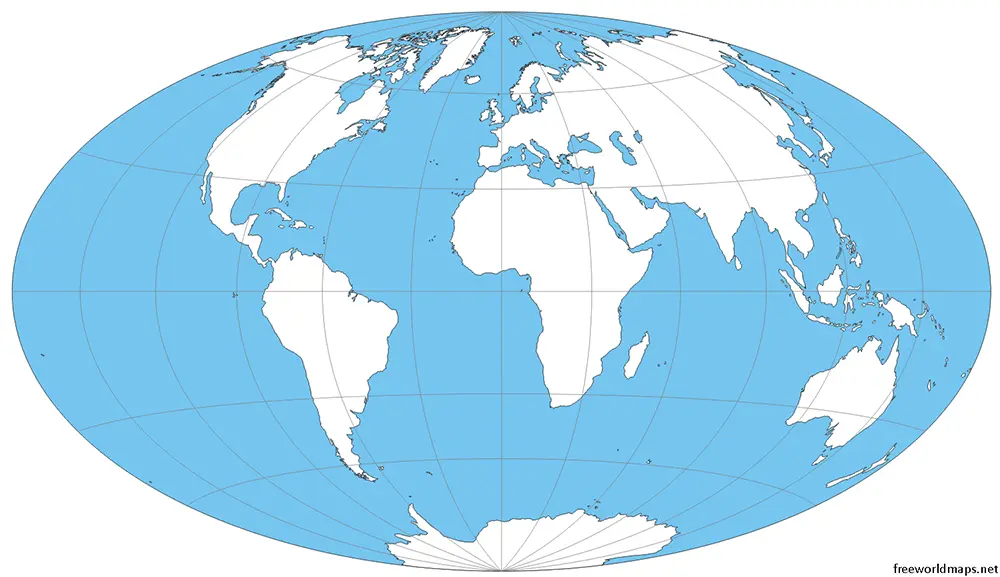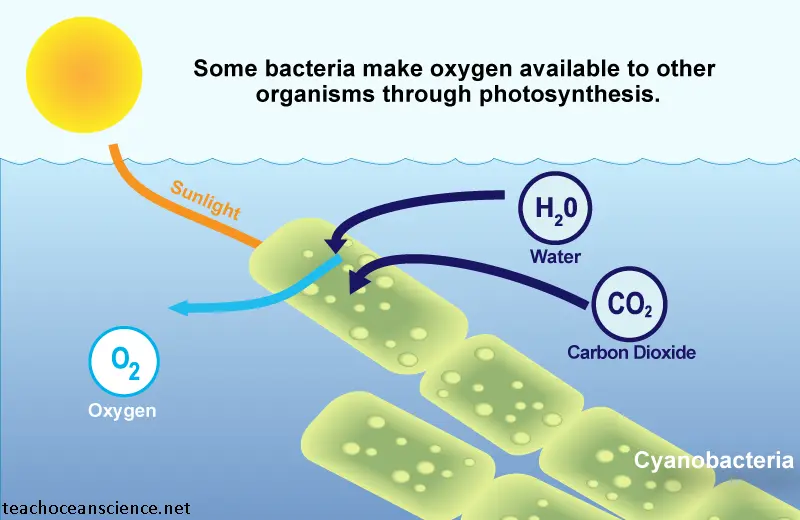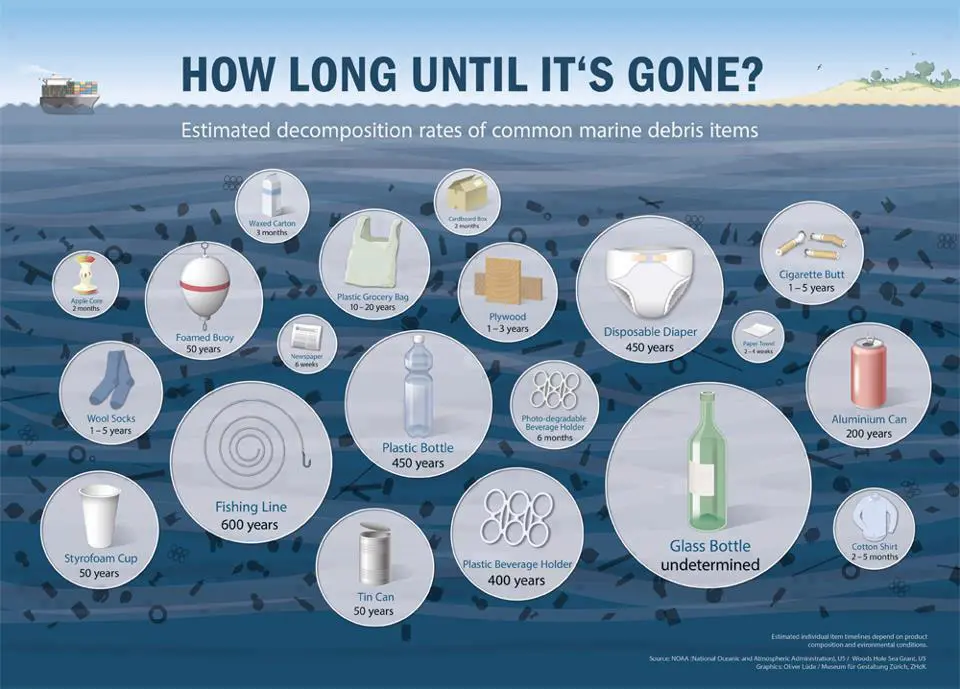Have you ever wondered how important the ocean is to life on Earth? How exactly we impact the health of the ocean and its inhabitants? What we can do to help minimize that impact? If you have never thought of these questions before, then it’s time that you do!

Our planet is called the “Blue Planet” because of our ocean and how important it is to life on earth. If you look at a globe or a world map, it is mainly blue. This is because roughly 71% of the earth is covered by water. If you take into account all of earth’s water, 97% of it is contained in the ocean. That’s a lot! Only about 1% of water on Earth is freshwater, and only about 2-3% is contained in the ice caps and glaciers. Basically, water is life. The ocean also acts as a form of insulation. The top 10 feet of the ocean holds as much heat as the entire atmosphere. The entire atmosphere! Did you know that the ocean is also responsible for oxygen production? Very tiny bacteria in the water carry out the process of photosynthesis – using sunlight (photo) to create (synthesis) oxygen for the ocean. It is thought that they are responsible for 50% of Earth’s oxygen production, with some estimates putting oxygen production at as much as 85%.

Unfortunately, humans are having a visible impact on the health of the ocean, an impact that has increased since the introduction of plastic and styrofoam. It is thought that around three times as much garbage is dumped or deposited in the ocean compared to the amount of fish caught. It is estimated that 80% of garbage in the ocean is made of plastic, a very common material that has no way of breaking down once in the ocean. There is an area twice the size of Texas called the Great Pacific Garbage Patch where there are six pounds of plastic for every pound of plankton. Even pollution nowhere near the ocean can affect its health. 33% of toxic contaminants that are found in the ocean are actually from air pollution, while 44% of the toxic contaminants originate from rivers and streams.

No matter how many dives you have or what your qualification is, whether you are a new open water student or a seasoned instructor, or even if you are just snorkeling, there is always room for improving your own impact on the environment. Since we are visitors in the ocean, it is our job to treat it with respect, so much that environmental awareness is included in most PADI courses, including Discover Scuba Diving.
Project AWARE, a movement founded by PADI divers around 20 years ago, was formed to educate divers about ocean issues. They host international cleanup days and have many online resources to help divers, including petitions and data collection tips. If we can all follow Project AWARE’s 10 Tips for Divers to Protect the Ocean Planet, we can at least reduce our own footprint. For those of you who are not divers, you can still help with ocean health. Say no to plastic, reduce/reuse/recycle materials, and pass on knowledge to others. If you’re ever near the beach or in the water, go ahead and pick up any garbage you see. You shouldn’t just assume someone else will pick it up – if everyone has that same thought, then no one will. A healthy ocean means a healthy Earth, so it is up to us to treat it with respect and to do our part. Hopefully you all will join underwater cleanups or even start your own!
Your marine biologist /Daniel






